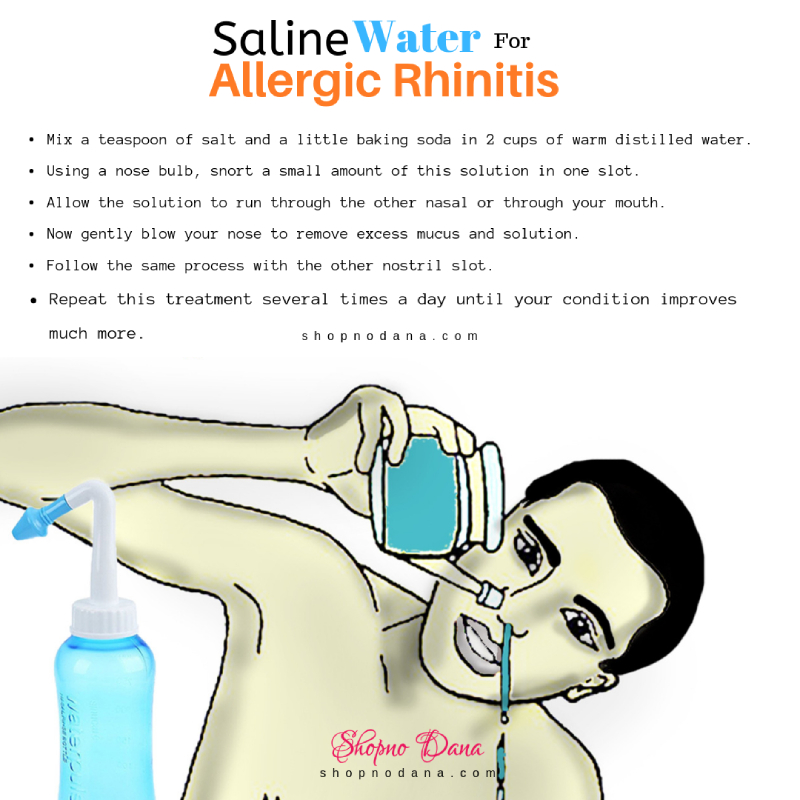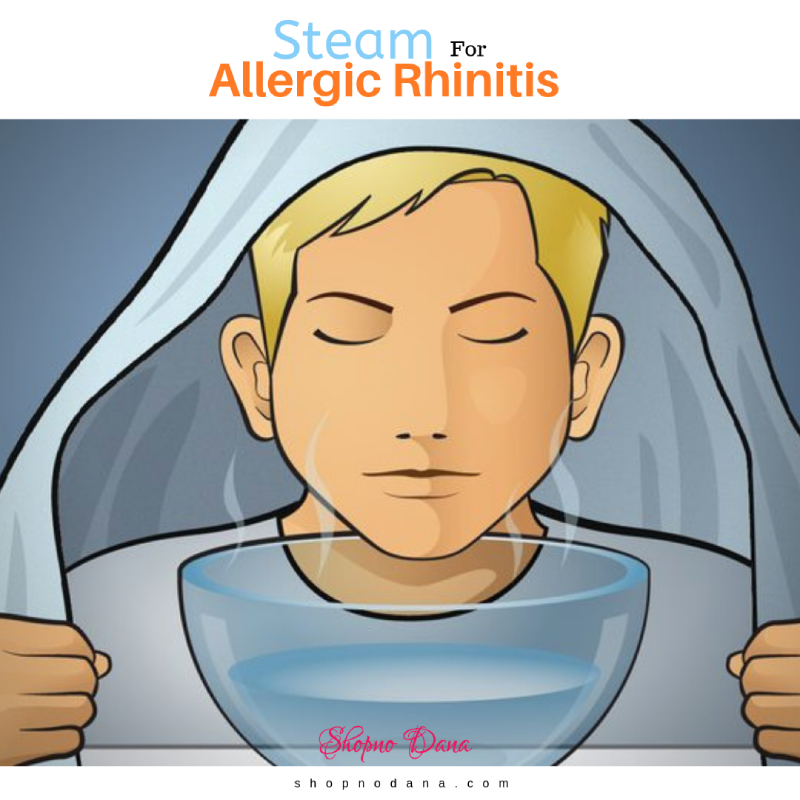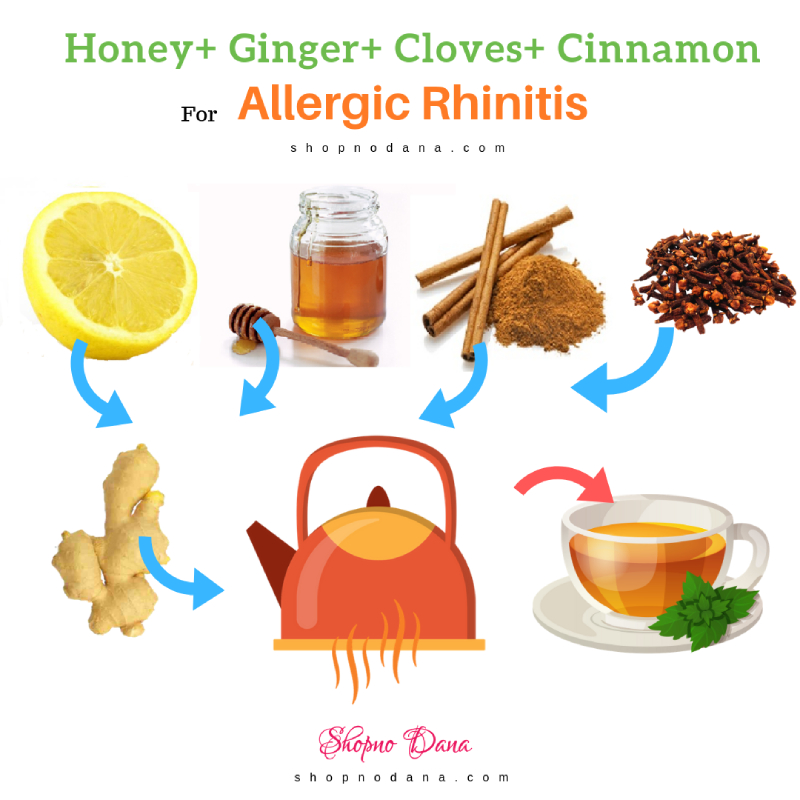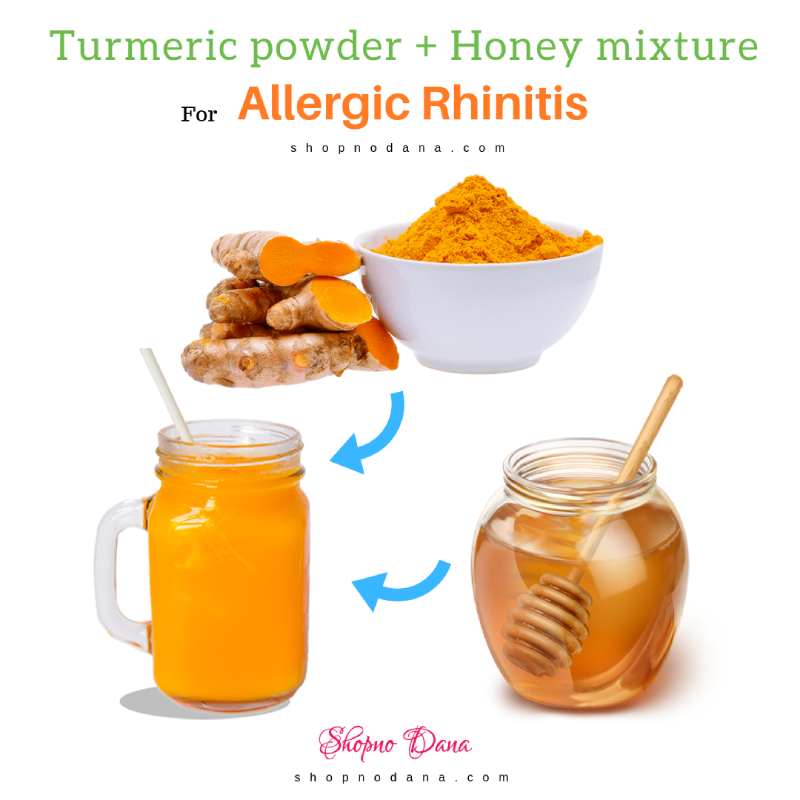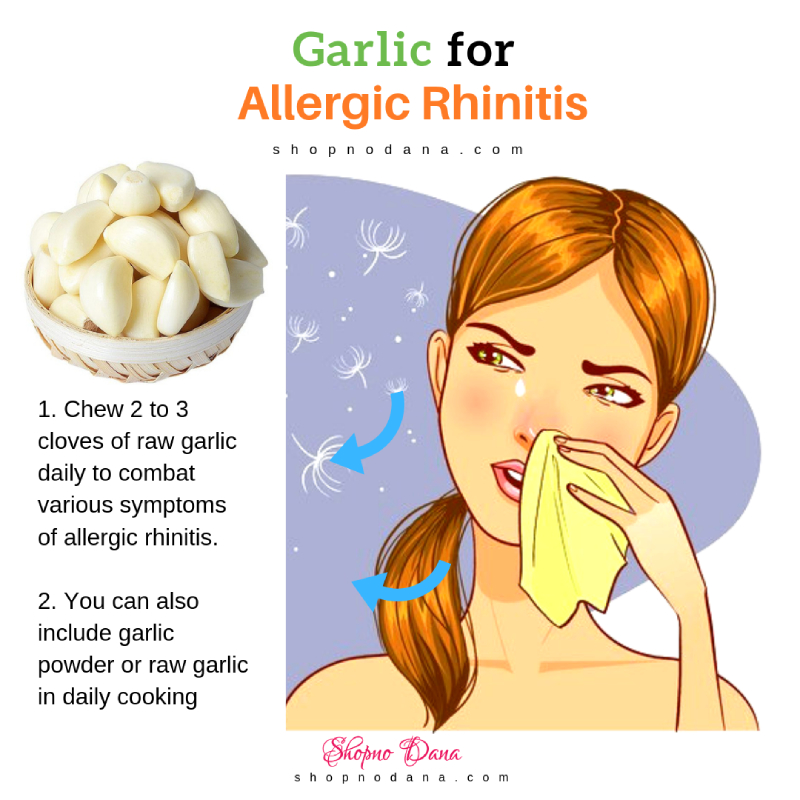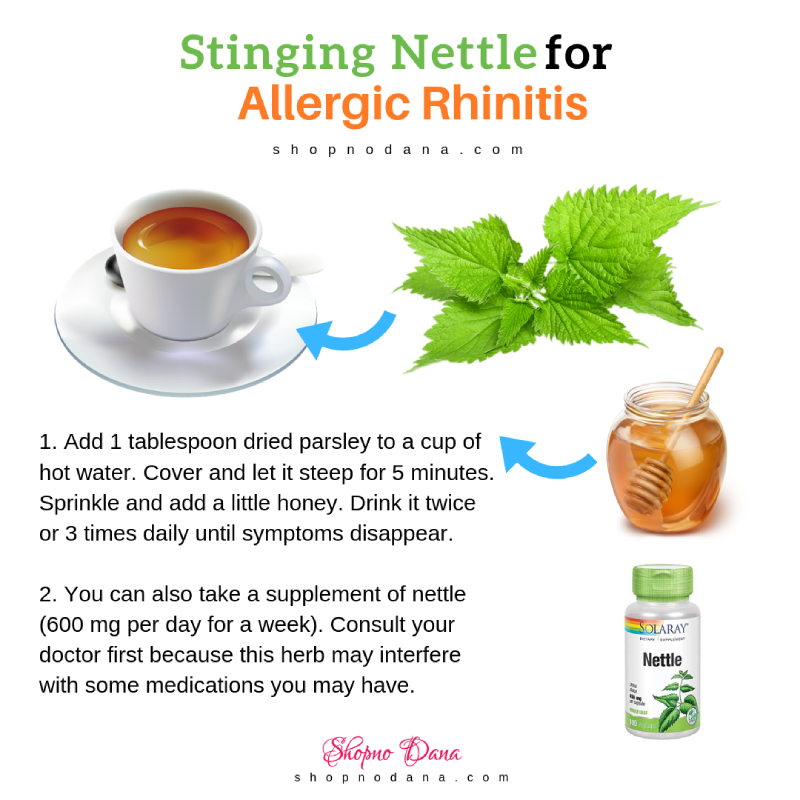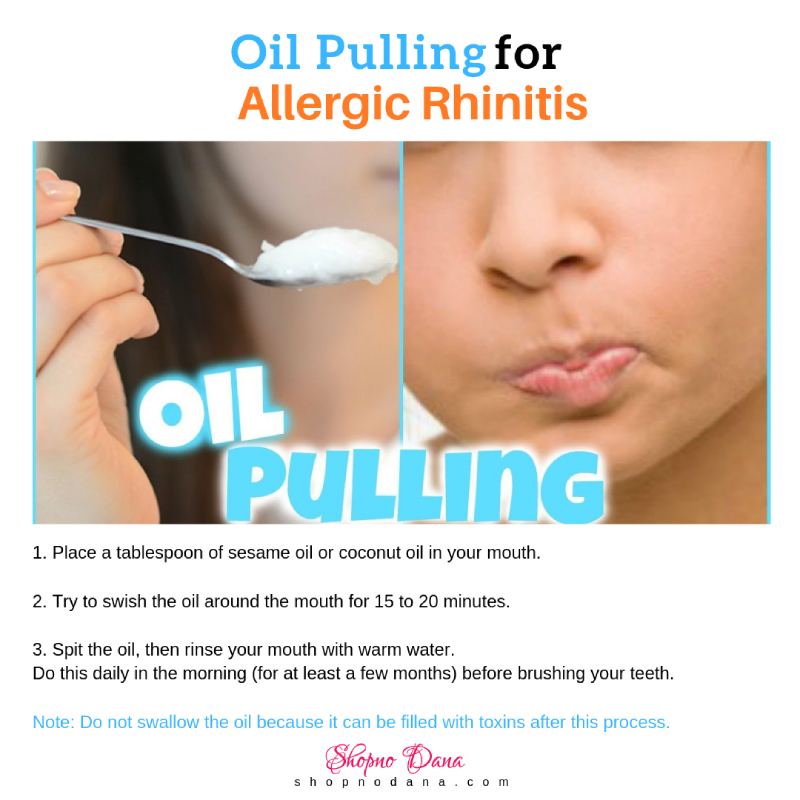Allergic Rhinitis Home Remedies
Allergic Rhinitis home remedies are a very effective way to overcome the condition safely. Allergic rhinitis often called hay fever is a common condition, affecting an estimated 10 to 20% of the US population.
It is a type of allergic reaction that happens when your immune system overreacts to inhaled substances and the body releases chemicals that cause allergy symptoms.
Common allergens that can cause allergic rhinitis are tree and grass pollen. Other allergens include dust mites present in bedding, mold spores in the air, and pet dander.
Some people have a higher risk of suffering from allergic rhinitis or hay fever. Risk factors include a family history of allergies, suffering from other allergies, a weak immune system, and exposure to second-hand cigarette smoke. It is also more common among males than females.
There are two types of allergic rhinitis –seasonal (known as hay fever) and perennial which occurs year-round. Symptoms include repeated sneezing, runny nose, itchy nose, nasal congestion, and watery or swollen eyes.
Allergic rhinitis or hay fever symptoms can affect the quality of life of the sufferers. To reduce symptoms, you can use some natural home remedies that are inexpensive and effective.
Here are the top 10 home remedies for allergic rhinitis ( Hay fever).
1. Saline Water treatment for allergic rhinitis
One of the first steps to treat allergic rhinitis is to remove mucus from the nose with the help of nasal saline wash.
A study published in 2008 in the official publication of the Wisconsin Medical Association found that regular saline irrigation can improve symptoms of allergic rhinitis.
1. Mix a teaspoon of salt and a little baking soda in 2 cups of warm distilled water.
2. Using a nose bulb, snort a small amount of this solution in one slot.
3. Allow the solution to run through the other nasal or through your mouth.
4. Now gently blow your nose to remove excess mucus and solution.
5. Follow the same process with the other nostril slot.
6. Repeat this treatment several times a day until your condition improves much more.
You can also buy a saline solution from a drugstore and use it the same way.
2. Steam for hay fever
Regular inhalation of steam helps clean the nasal passages of excess mucus and irritants. This, in turn, will help eliminate the symptoms of allergic rhinitides, such as sneezing, runny nose, and sore throat.
1. Pour boiled water into a large bowl.
2. Add 3 or 4 drops of any essential oil of your choices such as eucalyptus oil, mint, rosemary, or tea tree oil.
3. Cover your head with a towel and tilt carefully over the bowl.
4. Inhale the steam deeply for 5 to 10 minutes, then completely nose.
5. Repeat this several times a day until you fully recover.
For young children who can not breathe steam, showering with hot water or a bath will help.
3. Ginger for Allergic Rhinitis or seasonal allergy
Ginger is one of the best useful home remedies for allergic rhinitis. It acts as a natural anti-histamine and has anti-viral, anti-bacterial, anti-inflammatory, and immune properties that help relieve symptoms of rhinitis such as nasal congestion, runny nose, cough, and even headache.
1. Add a tablespoon of grated ginger, a few cloves, and a small piece of cinnamon to 1 cup of water.
2. Boil for 5 minutes, drain and add a little honey and lemon juice. Drink this tea up to 3 times a day during the allergy season.
3. Also, chew small pieces of fresh ginger several times a day, as well as include ginger in cooking.
4. Turmeric for allergies
To reduce the risk of any type of seasonal allergies, turmeric is a good consideration. It is an antioxidant and anti-inflammatory agent with strong immune-boosting properties. It can help reduce the symptoms of allergic rhinitis such as congestion, cough, dry mouth, and sneezing.
1. Prepare a mixture with 6 tablespoons of turmeric powder and raw honey. Mix well and store in a sealed container. Take one teaspoon of this mixture twice a day during the allergy season.
2. Instead, drink one cup of warm turmeric milk daily to maintain a strong immune system.
3. You can also use turmeric in your cooking or take turmeric supplements after consulting your doctor.
5. Garlic for the treatment of Allergic Rhinitis
Garlic contains quercetin, a natural antihistamine that can be very effective in the treatment of allergic rhinitis. In addition, garlic has anti-antibacterial, antimicrobial, and antiviral properties and promotes immunity promotes rapid recovery.
1. Chew 2 to 3 cloves of raw garlic daily to combat various symptoms of allergic rhinitis.
2. You can also include garlic powder or raw garlic in daily cooking
3. People with a history of allergies can benefit from taking garlic supplements daily during the allergy season. Consult with your doctor for the correct doses.
You should read: 10 benefits of olive oil to your hair, skin, and nails
6. Apple Cider Vinegar
Apple cider vinegar is another effective treatment for allergic rhinitis because of its antibiotic and antihistamine properties. It can help reduce the severity of symptoms such as frequent sneezing, nasal congestion, headaches, and others. In addition, it plays a key role in regulating the immune response system of the body.
1. Add 2 teaspoons of natural and organic Apple Cider vinegar to 1 cup of warm water.
2. Mix in 1 teaspoon of honey and lemon juice.
3. Drink this 3 times a day during the allergy season.
7. Stinging Nettle
Stinging Nettle is an antihistamine and anti-inflammatory agent in alternative medicine to treat seasonal allergies, including allergic rhinitis. It can provide quick relief from symptoms such as nasal congestion, coughing, sneezing, and itching.
1. Add 1 tablespoon dried parsley to a cup of hot water. Cover and let it steep for 5 minutes. Sprinkle and add a little honey. Drink it twice or 3 times daily until symptoms disappear.
2. You can also take a supplement of nettle (600 mg per day for a week). Consult your doctor first because this herb may interfere with some medications you may have.
Note: Nettle is not recommended for pregnant women and young children.
8. Oil Pulling
It is an ancient technique for Ayurveda that can help in the development of irritants from within your body that cause allergic rhinitis. In addition, it helps to get rid of harmful toxins, which is necessary to stay healthy throughout the year.
1. Place a tablespoon of sesame oil or coconut oil in your mouth.
2. Try to swish the oil around the mouth for 15 to 20 minutes.
3. Spit the oil, then rinse your mouth with warm water.
Do this daily in the morning (for at least a few months) before brushing your teeth.
Note: Do not swallow the oil because it can be filled with toxins after this process.
9. Probiotics for Allergic Rhinitis treatment
According to a study by Chinese researchers in 2013, probiotics called Lactobacillus acidophilus can help reduce the frequency and severity of symptoms of allergic rhinitis.
1. Buy high-quality probiotics that have 1-4 billion organisms per capsule. Take one capsule in the morning and one in the evening for one to two weeks.
2. You can also eat probiotic yogurt regularly to enhance your immune system.
You should read: How to overcome addiction-proven ways to control relapse
10. Vitamin C
Vitamin C contains antihistamine properties that may help reduce allergic symptoms. In addition, vitamin C will help boost your immune system. This, in turn, will help prevent infection and shorten the duration of the disease. It can be a part of Allergic Rhinitis home remedies
1. Eat foods rich in vitamin C such as lemon, orange, broccoli, grapefruit, kiwi, paprika, potatoes, strawberries, buds, and tomatoes.
2. You can also take vitamin C supplements daily, but it’s always better to consult your doctor before taking any supplements.
Some Additional Tips to Get Rid of Allergic Rhinitis
1. To relieve symptoms, take a low-fat, high-carbohydrate diet.
2. Acupuncture can be useful for people with allergic rhinitis.
3. Get rid of alcohol, caffeine, and dairy products from your diet for a few days.
4. You can also take a tablespoon of flaxseed oil daily to reduce the risk of allergic rhinitis.
5. Control the mite’s dust and mites as well as the internal molds during the allergy season.
6. Wear a simple mask when you go out to avoid exposure to dust.
7. Instead of fans who bring outside air use an air conditioner in your home and car.
8. Use a dehumidifier inside to reduce moisture.
9. Bathe or shower after getting out of the open air.
10. Change your clothes often after you are out to avoid allergies.
11. Cover pillows and mattresses with dust mites.
12. Keep your pet outside your bedroom.
13. Drink enough water daily to keep your body hydrated.
Resources:
https://www.ncbi.nlm.nih.gov/pmc/articles/PMC2755042/
https://www.ncbi.nlm.nih.gov/pubmed/2221490
https://www.ncbi.nlm.nih.gov/pmc/articles/PMC3784923/

